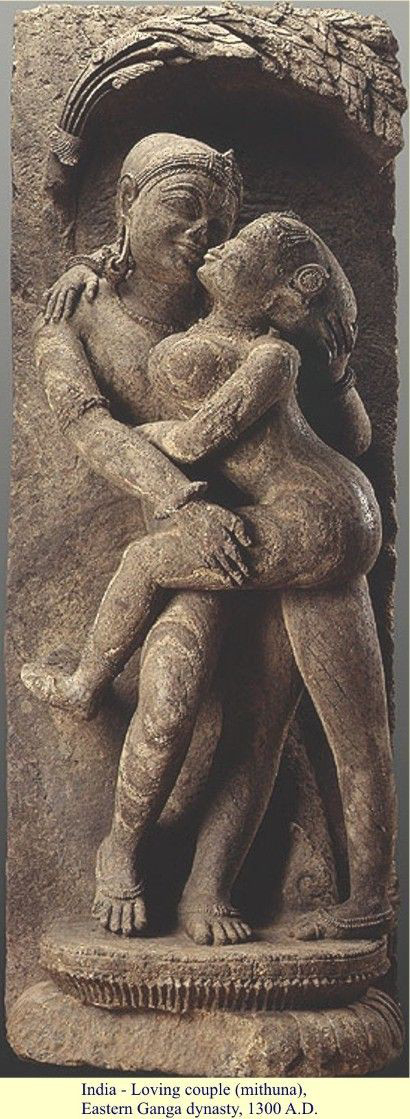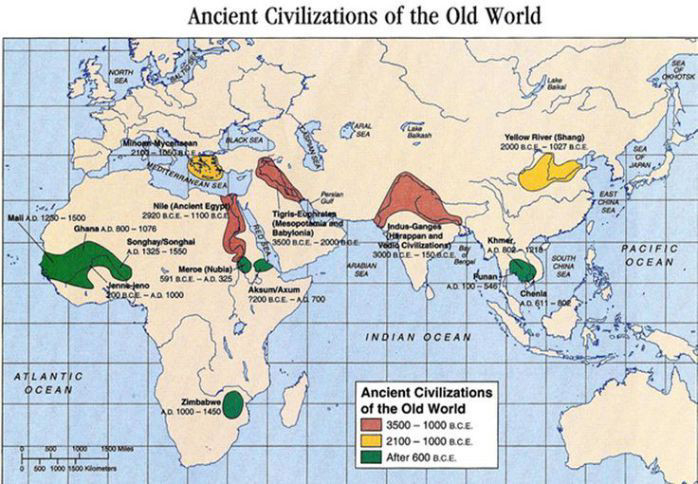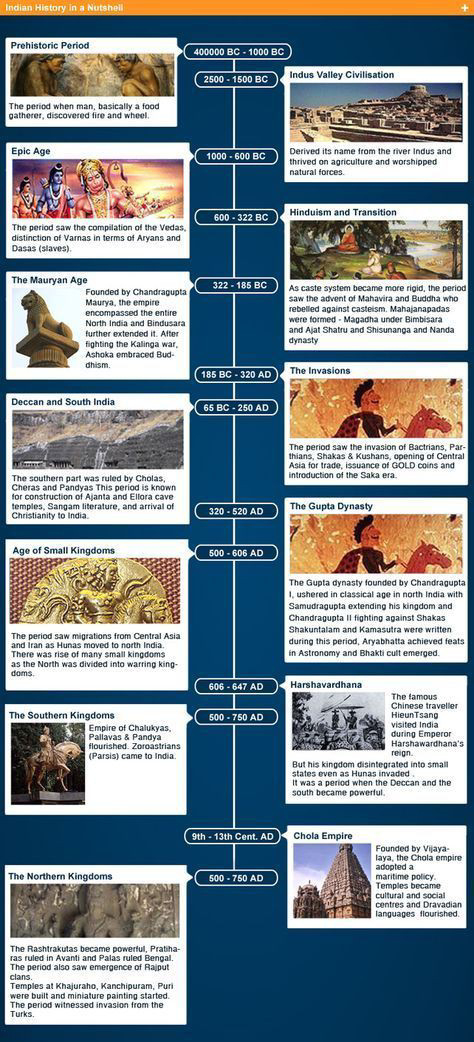Environmental factors: Changes in climate, natural disasters, and the availability of resources such as water and food can have a significant impact on the prosperity of a civilization.
Political instability: Weak leadership, corruption, and infighting can lead to political instability, which can make it difficult for a civilization to maintain its prosperity.
Economic factors: Changes in trade patterns, economic inequality, and unsustainable practices such as overexploitation of resources can lead to economic decline.
Social and cultural factors: Shifts in values and beliefs, as well as conflicts between different groups within a civilization, can also contribute to decline.
Military factors: Military conquest or defeat can have a significant impact on the prosperity of a civilization, particularly if it results in the loss of territory or resources.
Ultimately, the decline of ancient civilizations is often the result of a complex interplay of these and other factors, which can vary from civilization to civilization. Despite their differences, however, most ancient civilizations shared a common vulnerability to the pressures of environmental change, social unrest, and political instability, all of which could contribute to their ultimate decline.










No comments:
Post a Comment